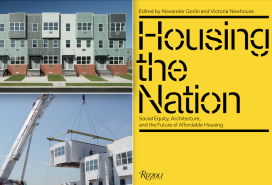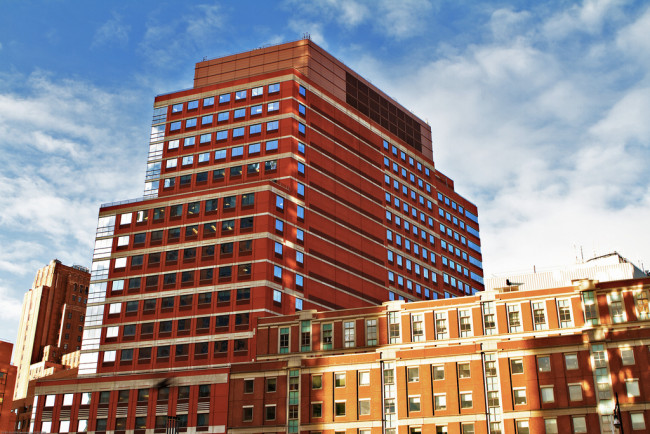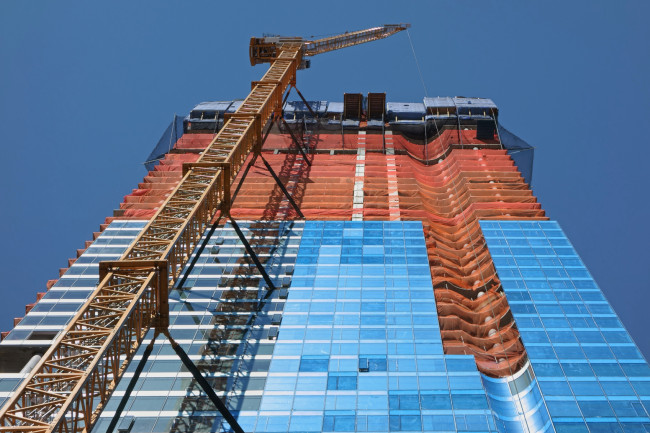Could a state Senate proposal changing the 421a tax abatement program bring even more new condos to NYC?
Ever since the 421a tax abatements expired in January 2016, the New York state government has been working to create an extension of the program that passes muster with both developers and construction unions. As Brick previously reported, Governor Andrew Cuomo and the Real Estate Board of New York reached an agreement to extend the program, which provides tax cuts to developers who include a certain number of affordable units in their buildings and reduces the property taxes that new homeowners in those properties have to pay.
That said, the bill for the program remains in the state legislature, and has not yet been passed. In its new incarnation, 421a—re-dubbed Affordable New York—would grant qualified developers a 100 percent property tax break for 35 years and mandate that affordable units remain so for 40 years; it also requires that construction union workers be paid specific wages and benefits. Now, the Real Deal reports, Republicans in the state Senate are pushing for an expansion of the program.
The newest version of the bill proposes allowing outer borough developments with up to 80 units to qualify for the tax break; Cuomo's proposal had limited buildings that could benefit to those with up to 35 units.
Republicans also want to raise the limit on the average assessment value for qualifying condo units from $65,000 to $85,000. Benjamin Dulchin, executive director for the Association for Neighborhood & Housing Development, explains that this has to do with how property taxes are calculated, and by increasing the assessed value, which is based on a percentage of the unit's market value, pricier properties will qualify for tax breaks. Rather than a win for affordability in NYC, Habitat Magazine dubs this change "welfare for developers."
As such, the proposal is raising concerns about a resulting flood of development in the outer boroughs, at great expense to the city. A spokesperson from Mayor Bill De Blasio's office told The Real Deal that should the Senate's changes go through, it could cost NYC up to an additional $1 billion without bringing a significant number of new affordable units to the market.
Dulchin points out that before 421a expired, it didn't do much to bolster the state of affordable housing in NYC. "Of the more than 150,000 units covered in 2014, 12,000 were affordable. Overwhelmingly, this is not an affodable housing program," he declares.
Furthermore, he adds, the program's expiration didn't hurt affordability in the city: "We didn't have it last year because it was suspended, and in that year, the city met and blew past its affordable housing goals without it."
The mayor and governor have already butted heads (no surprise there) over 421a's renewal. The New York Times reports that De Blasio previously proposed a version of the program that would create more affordable units, which Cuomo shot down on the grounds that it did not provide adequate pay for the union members who would build the new projects.
The real question, Dulchin says, is what 421a actually accomplishes. The program was originally designed in the 1970s, in the midst of the city's fiscal crisis, to incentivize the private market to build, which Dulchin argues no longer needs this kind of encouragement: "Its defenders would say if you want to build rental housing in the outer boroughs in soft markets, [you need the program]. That also turns out not to be true. New housing units for which permits were issued in 2016 were on par with the average for years before that."
Dulchin says he can't predict whether the bill will pass, but thinks it shouldn't, in either incarnation. "'It's not a program that should exist," he says. "It's unjustifiably expensive for no public benefit."
When contacted by Brick for comment, John Banks, president of the Real Estate Board of New York, expressed a sunnier outlook about the revised bill. "We are optimistic that the governor and State legislature will come to an agreement as part of the budget that will result in the creation of many more affordable housing units across New York City," he says.
You Might Also Like































